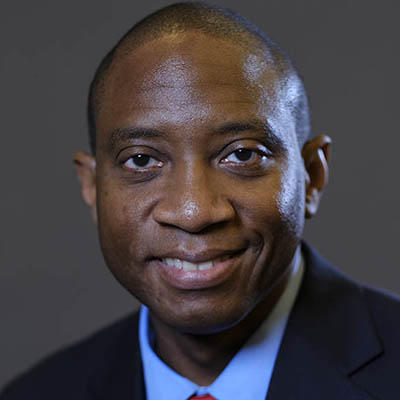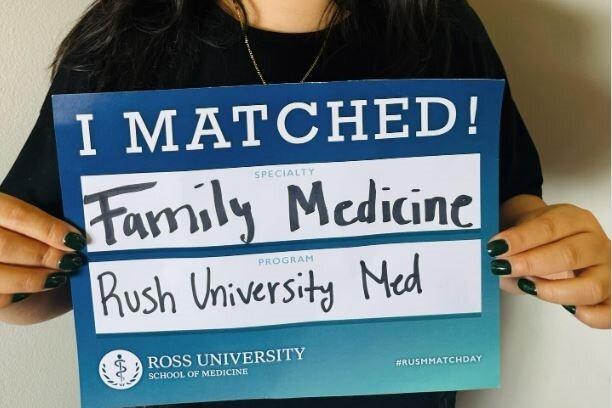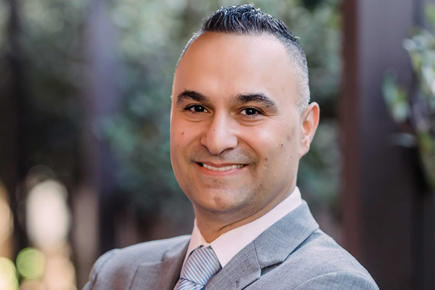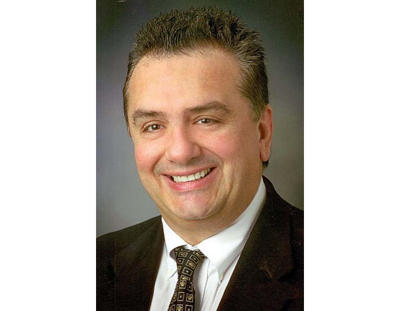Amidst all the chaos and unrest caused by the pandemic and increasing racial tensions, one Ross University School of Medicine (RUSM) alum has found a silver lining — using current events to highlight the social determinants of health and its paramount role in mental health awareness. Samuel Williams, MD, believes overall community health will improve once people understand the connection between racial discord and healthcare disparities.
“People are starting to see how racial inequalities contribute to health inequity among certain minority groups that have chronic illnesses and issues with disease management.” The medical director of child, adolescent and adult psychiatry said the first step to equalization is assessing and changing unconscious biases — social stereotypes that inadvertently affects a person’s behavior or attitudes. Then a review of the social determinants of health — genetics, behavior, behavior, environmental and physical influences, medical care, social factors — is needed to determine next steps. “Do people have access to food to remain healthy? For those traveling to doctor appointments, are there transportation issues? Are we increasing access and diversifying the healthcare workforce to include different ethnic cultures and backgrounds to bring unique perspectives?”
Simultaneously, there needs to be a stronger push for science, technology, engineering and mathematics (STEM) exposure to minority students. “These learnings have to go beyond the basics by showing the application to the everyday environment and the impact on everyday living. We need to link students with mentors from their ethnicity. It makes a difference when kids see someone who looks like them.”
More Apt to Get COVID-19
Unbalanced social determinants have contributed to the disproportionate number of Blacks affected by COVID-19, according to Williams. “A lot of minorities are essential workers and their availability to work from home or social distance is limited. Most live in multigenerational homes and their overall health status is not up to par, which makes them more prone to COVID because of comorbidities. There are a significant amount of people contracting the virus and succumbing to it in an inordinate amount of time. You realize — no matter what race — that these are real people and it hits home. It leaves you with uneasy feelings that you could be next and that causes a lot of uncertainty that then creates depression, anxiety and trauma.”
The mental-health spiral also spotlights those struggling with addiction. Williams reports some people may experience relapses because of isolation and canceled in-person therapy sessions and recovery groups due to COVID-19. “It’s not the same feeling as being in a room and hearing someone tell a story or being able to give a hug when someone is upset.” Williams encourages everyone to:
- Reach out to family members or other avenues of emotional support
- Utilize mindfulness skills, meditation techniques or spiritual activities
- Engage in physical exercise to change scenery and breathe fresh air
- Explore creative outlets like writing poetry or painting
“Anything that takes people’s mind off the pandemic and minimizes triggers like exposure to the news.”
Using Personal Tools
Williams initially shied away from psychiatry for the very reason he dove back in. “I realized that I could make a significant difference because of what I’d gone through with my family. And maybe I could learn something that helps me personally in the process.”
Born in the U.S., Williams grew up in West Africa where he contracted malaria and first witnessed disparity in healthcare. That’s when he knew medicine was his calling and why he continues to advocate for change.
“It’s time to come up with solutions of how we address the problems and make healthcare equitable for everyone,” he said. “Racism is a public health issue because it impacts all health components. By addressing some structural racism that exists, we create opportunities for those who have been missing out for a long time.”
RUSM Diversity and Inclusion Taskforce
A group of 16 RUSM students, faculty, colleagues and alumni have begun leading a holistic review of diversity, equity and inclusion at the university and will deliver a report of short- and long-term recommendations within the next few months. This is the first of many steps to sustain change at the infrastructure level.
As RUSM prepares to engage, train, educate, advocate and invest in this process to align with the Black community at our University and in all the underrepresented and marginalized communities in which we serve, we invite others to share feedback with us because we know the fight for social justice is a community collaboration.




